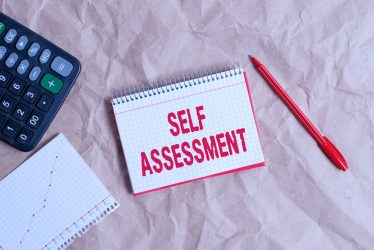
With less than two months to go until the 31 January Self Assessment deadline, HM Revenue & Customs (HMRC) is calling on taxpayers to get their annual return right the first time around.
It comes after research revealed that approximately 90,000 tax returns were rejected or delayed in 2019.
To help taxpayers avoid errors, HMRC has published a list of the most common mistakes it sees each year. We’ve summarised them below:
Marriage Allowance: if you claim your marriage allowance through your tax return, but your partner does not also complete their regular claim for the Marriage Allowance transfer, this could cause delays.
Submitting a return as an amendment: HMRC can only process amended returns after you have submitted an original return.
National insurance contributions: Class 2/4 NIC can only be included on your return if they are set up correctly on HMRC’s National Insurance self-employed database. You can do that by submitting form CWF1 to tell HMRC about the start of a new self-employed or partnership income source.
Up to date software: some self-employment software applications may be incompatible with HMRC systems if they are not up to date. Always check that you have the latest software patch available.
Income sources: You may receive income from various sources in any tax year. It is important that you declare each source in the correct section. Declaring the income in the wrong section can result in either too much, or not enough liability calculated. It will also affect how HMRC calculate tax, National Insurance, or other reliefs.
Declaring income for the wrong tax year: ensure you only include income for the relevant tax year.
Incomplete returns: Make sure your software shows 100 per cent completion when submitting. You should get a receipt number each time you submit a return, so keep that safe for later reference.
For help and advice with related matters, please get in touch with our expert personal tax team today.

